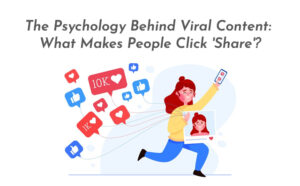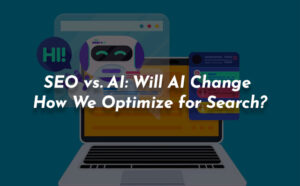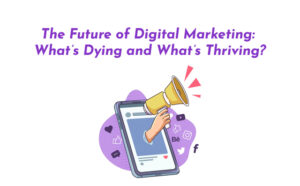Introduction to Neuromarketing
Neuromarketing, a burgeoning field that amalgamates neuroscience with marketing, seeks to delve into the subconscious processes that influence consumer behavior. By analyzing neural responses to marketing stimuli, businesses can unearth profound insights into consumer preferences and decision-making patterns. This discipline leverages advanced technologies like functional Magnetic Resonance Imaging (fMRI) and Electroencephalography (EEG) to decode the intricate workings of the human brain in the context of marketing.
The Evolution of Neuromarketing
The concept of neuromarketing emerged in the early 2000s, born out of the realization that traditional market research methods often failed to capture the true essence of consumer sentiment. Early adopters utilized basic brain imaging techniques to explore how consumers react to advertisements and branding efforts. Over time, the integration of more sophisticated technology has transformed neuromarketing from a nascent field into a critical component of comprehensive marketing strategies.
The Intersection of AI and Neuromarketing
Artificial Intelligence (AI) has introduced a paradigm shift in neuromarketing, augmenting its capabilities exponentially. AI algorithms can process and interpret complex neural data with unprecedented speed and accuracy, enabling marketers to glean actionable insights in real time. This synergy between AI and neuromarketing is unlocking new dimensions of understanding, allowing for more precise targeting and personalized marketing approaches.
Enhanced Data Analysis with AI
AI’s prowess in data analysis is unparalleled. In the realm of neuromarketing, AI systems can sift through massive datasets obtained from brain imaging studies, identifying subtle patterns and correlations that elude human analysis. This enhanced capability facilitates a deeper understanding of how various stimuli affect the brain, leading to more effective marketing strategies that resonate on a subconscious level.
Predictive Analytics in Neuromarketing
Predictive analytics, powered by AI, is revolutionizing how businesses anticipate consumer behavior. By integrating neural data with other behavioral datasets, AI can forecast future actions with remarkable accuracy. This predictive power enables marketers to design campaigns that preemptively address consumer needs and desires, enhancing engagement and conversion rates.
You would like to read: Elevating Your SEO Game: Effective Link Building Strategies And Pitfalls To Avoid
Personalized Marketing Experiences
One of the most significant advantages of AI-driven neuromarketing is its ability to create highly personalized marketing experiences. By analyzing individual neural responses, AI can tailor content and advertisements to align with the unique preferences and emotional triggers of each consumer. This level of personalization fosters deeper connections and loyalty, ultimately driving higher customer satisfaction.
Real-Time Marketing Adaptation
The real-time adaptability of AI is a game-changer for neuromarketing. AI systems can continuously monitor neural responses and adjust marketing messages dynamically. Whether during live events or online interactions, this capability ensures that the content remains relevant and compelling, maximizing the impact of marketing efforts.
Ethical Considerations in AI-Driven Neuromarketing
The fusion of AI and neuromarketing raises significant ethical questions. The potential for intrusive data collection and manipulation necessitates stringent ethical standards and regulatory oversight. Marketers must prioritize transparency, consent, and data security to maintain consumer trust and uphold ethical integrity in their practices.
Case Studies of AI and Neuromarketing Success
Several pioneering companies have already harnessed the power of AI in neuromarketing to achieve remarkable results. For instance, a leading retail brand used AI to analyze customer brainwave patterns, optimizing their advertising campaigns and significantly boosting engagement. Another case involved an AI-driven analysis of consumer reactions to various product designs, leading to a successful product launch that exceeded sales expectations.
You would like to read: Maximizing Digital Impact: The Synergy Of SEO And PPC In Marketing
Future Trends in Neuromarketing and AI
The future of neuromarketing in the age of AI looks promising, with continuous advancements on the horizon. Emerging trends include the integration of virtual reality (VR) and augmented reality (AR) with neuromarketing, offering immersive experiences that provide deeper insights into consumer behavior. Additionally, advancements in AI algorithms will further enhance the precision and efficiency of neural data analysis.
Conclusion
Neuromarketing, empowered by AI, is revolutionizing the way businesses understand and engage with consumers. The fusion of these fields provides unprecedented insights into the subconscious drivers of consumer behavior, enabling more effective and personalized marketing strategies. As technology continues to evolve, the potential for AI-driven neuromarketing is boundless, promising a future where marketing is not only more impactful but also more ethically and responsibly executed.










